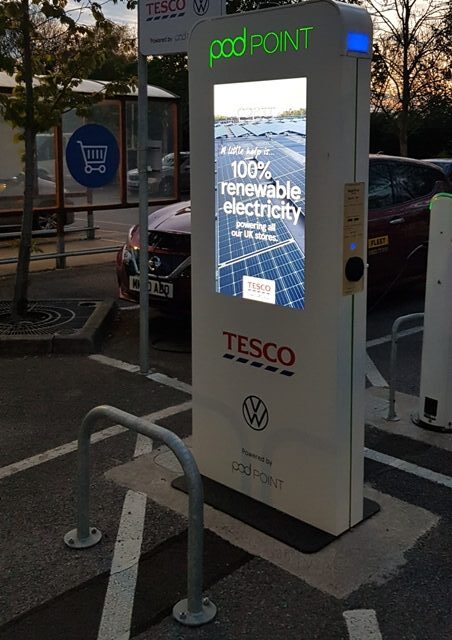
UK Government lacks plan for transition to 100% zero emission cars by 2030
In its report published today the Public Accounts Committee says Government has set ambitious targets to phase out new petrol and diesel cars by 2030 and for all new cars to be zero-emission from 2035, but with just 11% of new car registrations for ultra-low emission cars in 2020 it will be a “huge challenge” to get this to 100% in the next 14 years.
Achieving this ambition will require convincing consumers of the affordability and practicality of zero-emission cars, with up-front prices still too high for many in comparison to petrol or diesel equivalents, and addressing the current very uneven take-up across the UK.
The number of charging points is increasing rapidly, but many more will be required within a very short period of time to support the envisaged growth in electric cars in the UK, and the PAC is not convinced the government is on track with this crucial infrastructure.
Echoing its recent report on environmental taxes, which said the Treasury and HMRC seemed “stuck in a bygone era”, with a narrow focus on tax revenues rather than the way they must be used to drive the transition to net zero, the Committee says DfT and BEIS will need to do much more to consider the practical application of this large societal change, and put consumers at the heart of it.
The Departments will need to be on top of the other consequences arising from this transition, including the impact on the skills and capabilities required to support the changeover in the UK vehicle fleet; the environmental and social implications of the switch-over both in the UK and across global supply chains; the impact on our future power needs; and the impact on the government tax-take due to the loss of fuel duties.
To date the Departments have no clear published plan setting out how they propose to manage these consequential impacts, who they will need to work with, and the timetables for any action. The onus is on the Departments to show they are on top of all the repercussions and focussed on supporting consumers to shift to electric as they work towards the government’s ambitious goal.
Read the conclusions and recommendations
Information Source: Read Full Release ..–>
Press release by: U.K. Parliament

